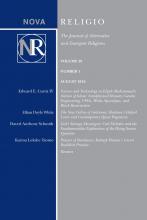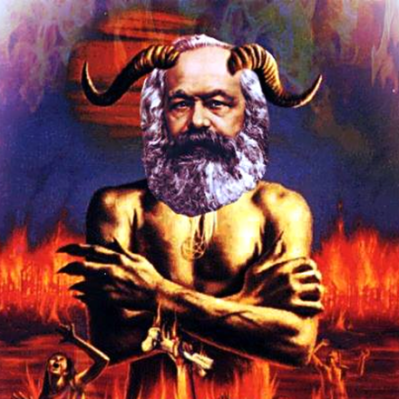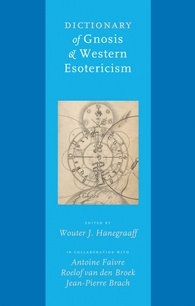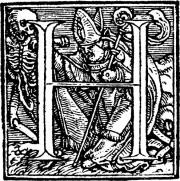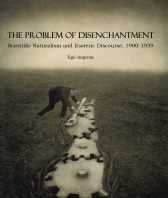
Soon with a new cover – and nicer price tag.
Today I have signed a contract for the paperback version of my second book, The Problem of Disenchantment: Scientific Naturalism and Esoteric Discourse, 1900–1939. With a list price of $240, the hardback (Brill, 2014) hasn’t exactly been a coffee table book. (Content-wise it probably still isn’t.) The paperback will appear with SUNY Press (who also published my first book, Arguing with Angels), and hopefully we can cut the price close to 1/10th of the existing edition. Publication date still to follow.
Why should one eagerly await this book? If you don’t trust the blurb, there have been a few reviews that tell you why. There has also been a roundtable discussion, and even some controversy. That can’t hurt, right?



